AWS Pinpointを利用して、ユーザーのエンドポイント情報を取得する際、AWS SDK for Javaを使うことで効率的な処理を実装することができる。この記事では、AWS SDK for Javaを使用してAmazon Pinpointのエンドポイント一覧を取得する方法を詳しく解説する。環境構築から実際のコード実装までをステップバイステップで説明し、最終的に取得したエンドポイント情報を確認するところまでカバーする。
環境構築
以下を参照する。
Amazon Pinpoint エンドポイント一覧取得処理
参考: https://docs.aws.amazon.com/ja_jp/pinpoint/latest/developerguide/audience-data-endpoints.html
AWS SDK for Javaの依存関係を追加
プロジェクトのpom.xmlファイルを開き、AWS SDK for Javaの依存関係を追加する。
Mavenプロジェクトで外部依存関係を含む実行可能なJARファイルを作成するには、maven-assembly-pluginまたはmaven-shade-pluginのいずれかを使用する必要がある。これにより、すべての依存関係が含まれた単一のJARファイルが作成される。
以下は、pom.xmlにmaven-assembly-pluginを追加する例
<project ...>
<dependencyManagement>
<dependencies>
<dependency>
<groupId>software.amazon.awssdk</groupId>
<artifactId>bom</artifactId>
<version>2.20.45</version>
<type>pom</type>
<scope>import</scope>
</dependency>
</dependencies>
</dependencyManagement>
<dependencies>
<dependency>
<groupId>junit</groupId>
<artifactId>junit</artifactId>
<version>3.8.1</version>
<scope>test</scope>
</dependency>
<!-- AWS SDK for Java -->
<dependency>
<groupId>software.amazon.awssdk</groupId>
<artifactId>bom</artifactId>
<version>2.20.45</version>
<type>pom</type>
<scope>import</scope>
</dependency>
<dependency>
<groupId>software.amazon.awssdk</groupId>
<artifactId>pinpointsmsvoice</artifactId>
</dependency>
<dependency>
<groupId>software.amazon.awssdk</groupId>
<artifactId>pinpoint</artifactId>
</dependency>
<dependency>
<groupId>org.slf4j</groupId>
<artifactId>slf4j-simple</artifactId>
<version>1.7.30</version>
</dependency>
</dependencies>
<build>
<plugins>
<!-- maven-assembly-plugin -->
<plugin>
<artifactId>maven-assembly-plugin</artifactId>
<version>3.3.0</version>
<configuration>
<archive>
<manifest>
<mainClass>com.example.App</mainClass>
</manifest>
</archive>
<descriptorRefs>
<descriptorRef>jar-with-dependencies</descriptorRef>
</descriptorRefs>
</configuration>
<executions>
<execution>
<phase>package</phase>
<goals>
<goal>single</goal>
</goals>
</execution>
</executions>
</plugin>
</plugins>
</build>
</project>
App.javaに処理を記述する
package com.example;
import software.amazon.awssdk.auth.credentials.ProfileCredentialsProvider;
import software.amazon.awssdk.regions.Region;
import software.amazon.awssdk.services.pinpoint.PinpointClient;
import software.amazon.awssdk.services.pinpoint.model.EndpointResponse;
import software.amazon.awssdk.services.pinpoint.model.GetUserEndpointsRequest;
import software.amazon.awssdk.services.pinpoint.model.GetUserEndpointsResponse;
import software.amazon.awssdk.services.pinpoint.model.PinpointException;
import java.util.List;
public class App
{
public static void main(String[] args) {
final String usage = "\n" +
"Usage: " +
" <applicationId> <userId>\n\n" +
"Where:\n" +
" applicationId - The ID of the Amazon Pinpoint application that has the endpoint.\n" +
" userId - The user id applicable to the endpoints";
if (args.length != 2) {
System.out.println(usage);
System.exit(1);
}
String applicationId = args[0];
String userId = args[1];
PinpointClient pinpoint = PinpointClient.builder()
.region(Region.AP_NORTHEAST_1)
.credentialsProvider(ProfileCredentialsProvider.create())
.build();
listAllEndpoints(pinpoint, applicationId, userId );
pinpoint.close();
}
//snippet-start:[pinpoint.java2.list_endpoints.main]
public static void listAllEndpoints(PinpointClient pinpoint, String applicationId, String userId) {
try {
GetUserEndpointsRequest endpointsRequest = GetUserEndpointsRequest.builder()
.userId(userId)
.applicationId(applicationId)
.build();
GetUserEndpointsResponse response = pinpoint.getUserEndpoints(endpointsRequest);
List<EndpointResponse> endpoints = response.endpointsResponse().item();
// Display the results.
for (EndpointResponse endpoint: endpoints) {
System.out.println("The channel type is: "+endpoint.channelType());
System.out.println("The address is "+endpoint.address());
}
} catch ( PinpointException e) {
System.err.println(e.awsErrorDetails().errorMessage());
System.exit(1);
}
}
}mvn clean packageを実行する。
これによりtargetディレクトリにexample-java-1.0-SNAPSHOT-jar-with-dependencies.jarという名前のJARファイルが作成される。その後、以下のコマンドでアプリケーションを実行する。
java -jar target/example-java-1.0-SNAPSHOT-jar-with-dependencies.jar ${ApplicationId} ${userId}出力結果: Amazon Pinpoint のエンドポイント一覧を取得する事ができた。
The channel type is: APNS_SANDBOX
The address is xxxxx
The channel type is: GCM
The address is xxxxx
The channel type is: APNS_SANDBOX
The address is xxxxx
The channel type is: APNS_SANDBOX
The address is xxxxx
The channel type is: GCM
The address is xxxxx
The channel type is: GCM
The address is xxxxx
The channel type is: GCM
The address is xxxxx
The channel type is: GCM
The address is xxxxxまとめ
AWS SDK for Javaを使って、Amazon Pinpointのエンドポイント情報を取得する方法を解説した。まず、Mavenプロジェクトに必要な依存関係を追加し、実行可能なJARファイルを作成するための設定を行った。次に、Pinpointのクライアントを構築し、特定のユーザーIDに関連付けられたエンドポイントを一覧取得する処理を実装した。最後に、実際にJARファイルを生成し、エンドポイント情報を取得できることを確認した。この手法を活用することで、Amazon Pinpointを使ったマーケティングキャンペーンのターゲティングを効率的に行うことが可能となる。


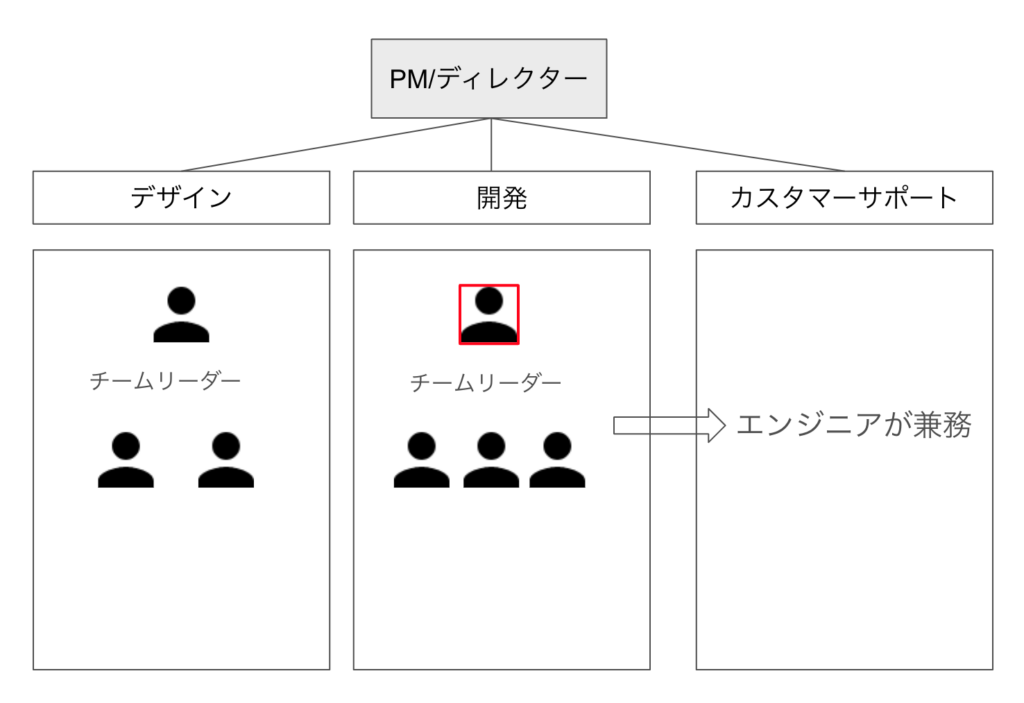
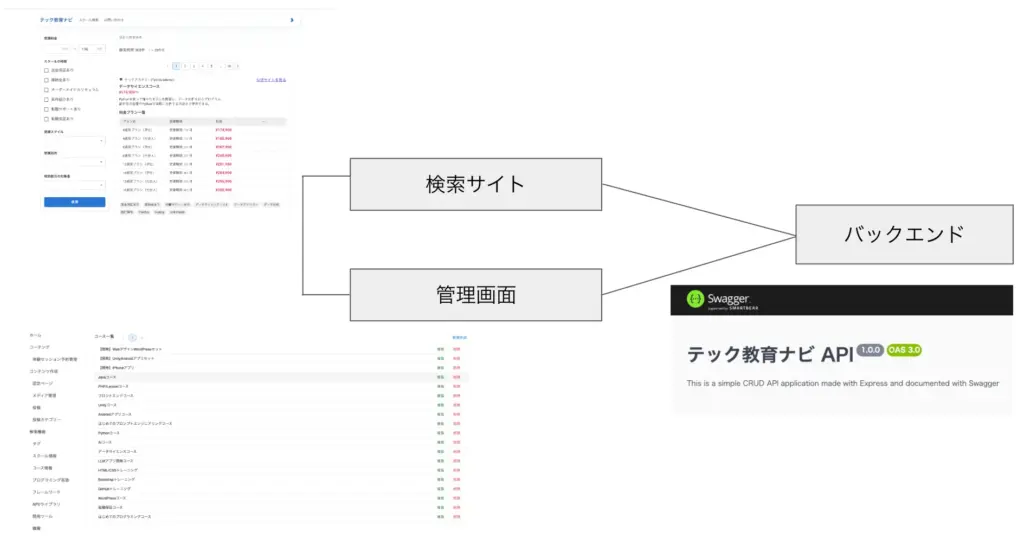
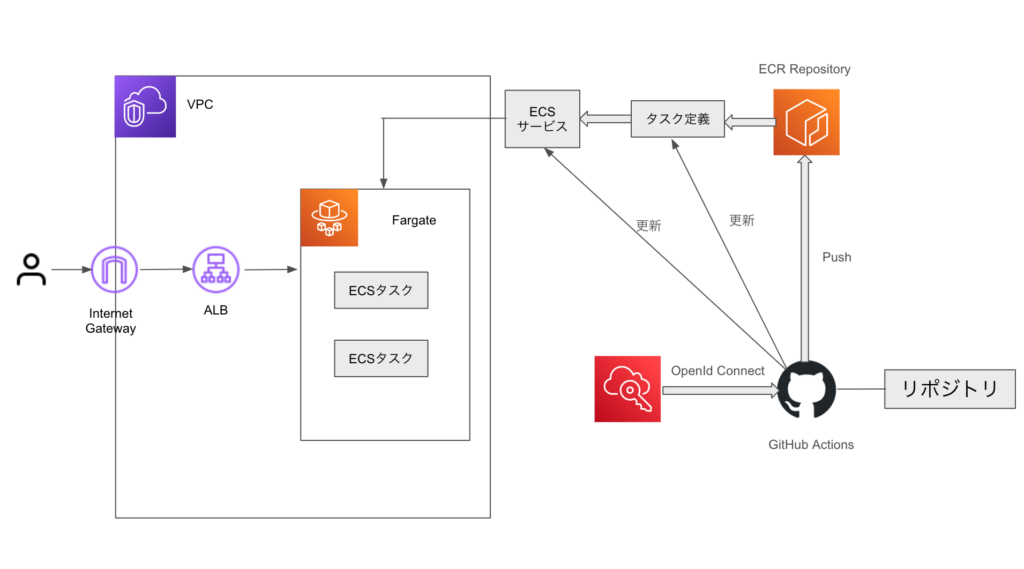
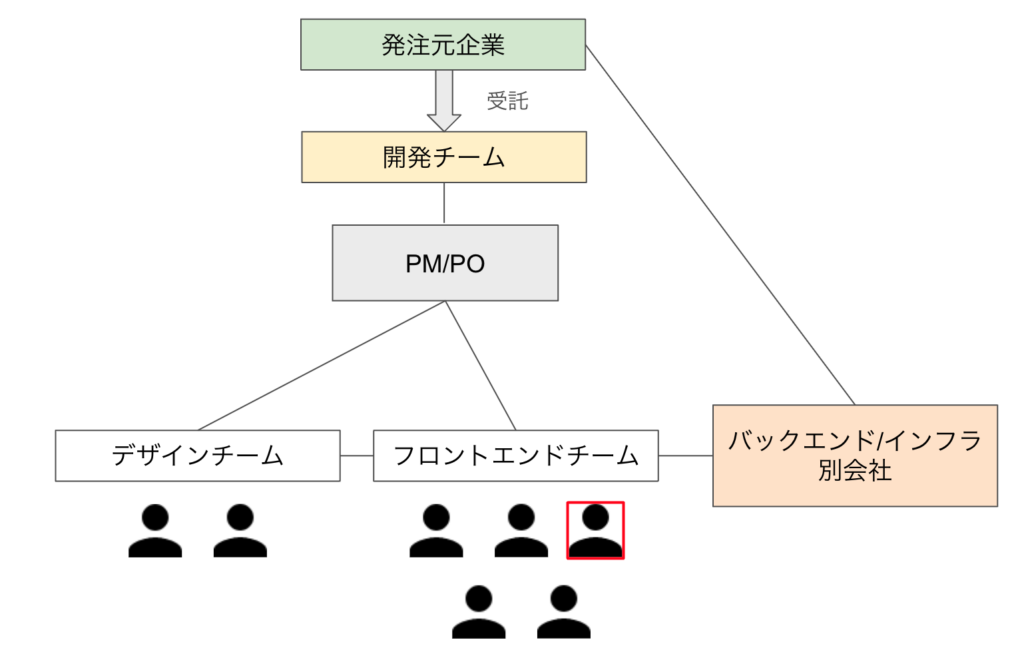
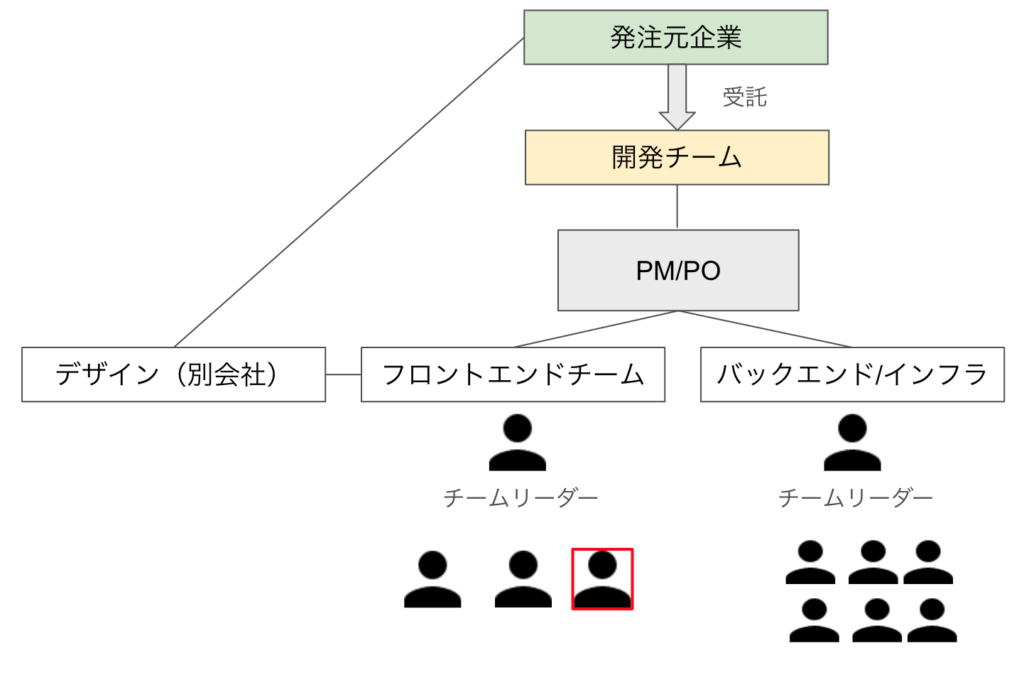
コメント